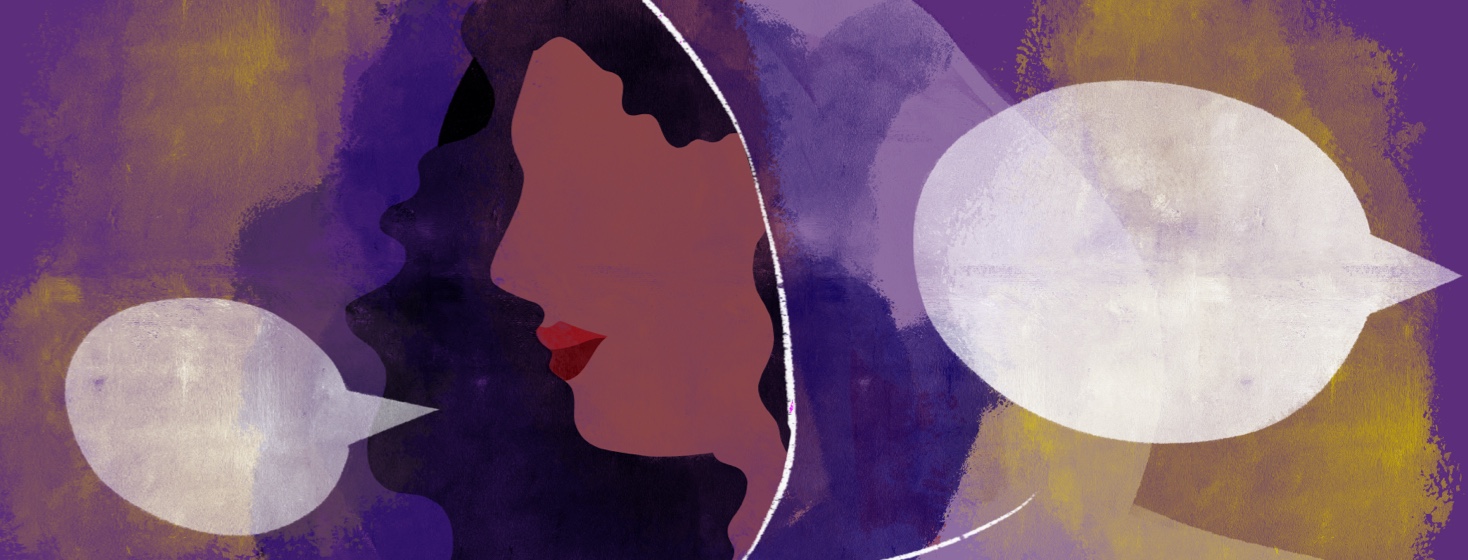Finding My Self-esteem as a Young Woman With Epilepsy
Being a woman is multi-faceted and complicated. Especially when it comes to absurd and ancient gender standards pervasive in our everyday lives. Imagine that.
For women with epilepsy, our experience is very different, for starters. Young girls and women with epilepsy are always juggling our self-esteem and our unpredictable illness. And it is an adventure. Let me explain.
Growing up as a girl with epilepsy
My journey of empathy, growth, curiosity, and perspective had become a roller coaster with no seat belt or sense of direction. I know who I am now, but full acceptance with a pinch of comfortability are still pending. There are many moments of awe when you must accept that you live and function differently with a condition like epilepsy.
I'll share the start of my experience with low self-esteem – and knowing that I'm not like everyone else. It started at school. I met students, some of whom were life-changing and meant the absolute world to me, and others who tortured and mocked me.
Being bullied at school
The experience was generally based on how I looked and, later, based on what was wrong with my brain. But it began with how I looked, like my skin and hair. They attacked my features and also my personality. I remember being told, "You need a nose job, you're ugly, you can't hang with us, do you know you're not normal." I was at least in the fifth grade, and those comments have stayed with me.
And this influenced how I viewed myself. I was loaded with questions. I learned at a young age in a world of social confusion, discomfort, and mockery, that learning to accept myself wouldn't be a thing unless I forced myself to do it. I forced myself to get out of that misunderstood bubble. Still, I was facing a lifelong dilemma, starting with these students and later with teachers.
Being made fun for my epilepsy
In terms of my epilepsy, the word spread fast. I was disheartened. Who was revealing I was someone who is neurologically different? Why was everyone talking about it?? I started to question myself even more. "Am I normal? Am I smart? Am I at least beautiful?"
Regardless of how everyone treated me, I've been able to love myself. I love my complexation, hair, smallness, and natural long and fluffy eyelashes.
Puberty and becoming a teenager with epilespy
My body started to change fast, faster than my actual age, due to hormones, medication, and maybe DNA. I wasn't prepared, and I'm still not even now.
For young girls and women who deal with epilepsy – maybe not all of girls, but definitely for me – there are big impacts. Everyday stress, medication, treatments... I felt effects like skin rashes, weight shifts, hormone changes, the fast growth of hair, and severe acne.
Becoming a young woman and impacts on self-esteem
You could say that epilepsy doesn't discriminate, but in my experience, women get more intense experiences. Women have unique issues that we may still be figuring out as young adults.
The effects of epilepsy are not just limited to seizures and epilepsy symptoms, but the whole picture of what it means to be a woman. Every different stage of life – becoming ourselves, forming connections, building self-esteem, and fitting into society.
Throughout my health journey, I've had a handful of medications that have changed over time. They've affected my body, and maybe even affected me mentally. I look at how I feel about myself. I believe the attitude and feeling of low self-value and being uncomfortable with myself continued as I got older.
Trying to hide my epilepsy
I continued to hide from my illness, which became highly exhausting. But I pulled off not having seizures for a few months or even more. I was hiding due to constantly having to explain and teach those who saw surgery scars, saw me take my medication, or saw my medical alert bracelets.
I needed the assistance of faculty and people I trusted to tell my story for me, since there was so much misunderstanding about what epilepsy really is and what it can look like. (It's not just what it looks like in the movies.)
Self-esteem and identity continued to be a challenge. They come from the inside, but it's hard to not let the external impact them. I'm still figuring it out.
Body image as a teen and young woman with epilepsy
And then there's body image. How we subjectively see ourselves as women – we can be hostile toward out own bodies. Throw in how our bodies are affected by epilepsy, and it makes it all the more complicated. We have to continually be brave and evolve in accepting ourselves.
With epilepsy, the side effects aren't all just neurological. They're emotional and physical. And as women, we have to be more comfortable in starting a conversation about our health. We need to ask questions and we need to pay attention to our mental health. We have to be mindful of social impacts and learn how to find self-love.
Now imagine all that plus living with seizures. Crazy, right?

Join the conversation